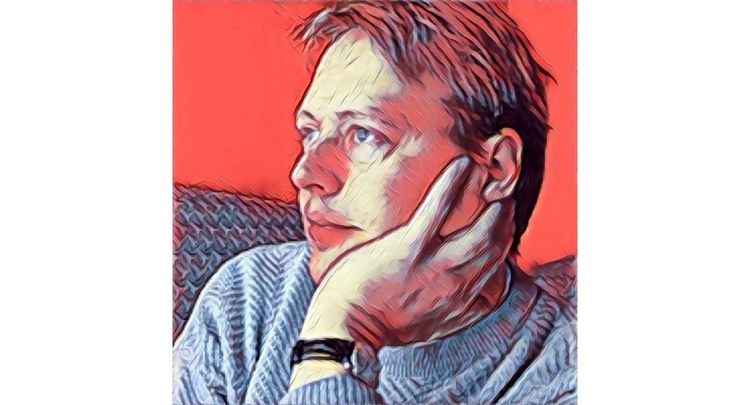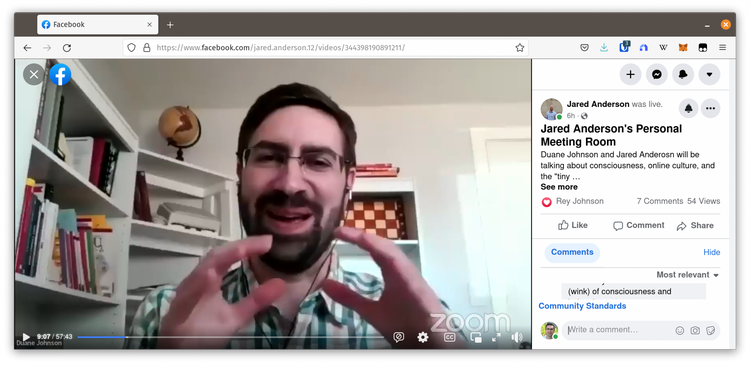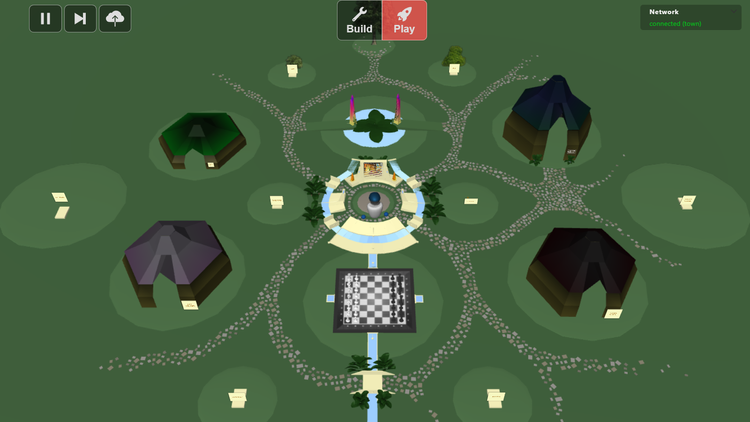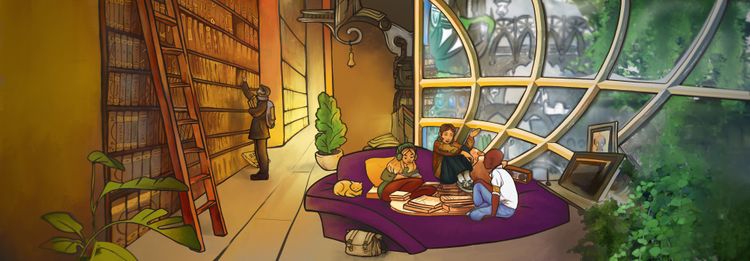Philosophy Club: Yes or No to Heroes?
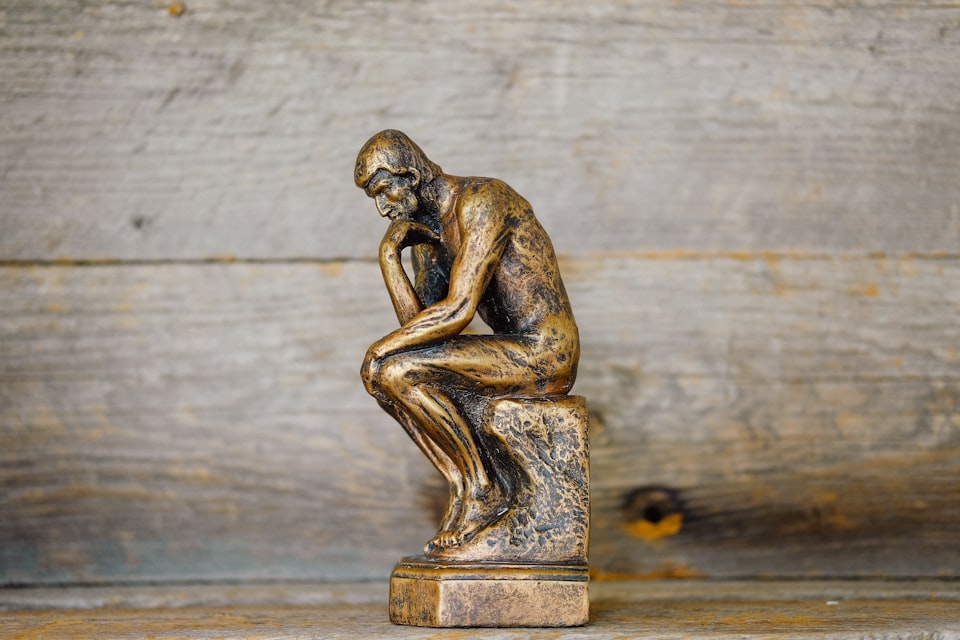
On Jan 10th, we had a Philosophy Club meet up between some of our members about the pros and cons of holding up people as heroes or icons in our communities. Philosophy is a personal and practical matter for us, something that changes and challenges how we think and do things. We wanted to capture some of what we discussed in our Jan 10th meeting in regards to heroes and invite you to our next meeting taking place on:
Sunday, Jan 31, 2021 @ 12:00pm MST
Meeting link: relm.us/philosophyclub
Synopsis of our JAN 10th Discussion:
Heroes – what is a hero? Can anyone be a hero? Does the concept of a hero overlook the role of the community or individual supporters who often play an integral role in the person’s path to heroic status? Does society benefit or suffer from holding heroes on a pedestal? Are archetypes fundamentally different from heroes?
One of our philosophers, Hawley, astutely categorized three kinds of heroes in our discussion:
- Influential people (Role Models / personal sphere)
- Living symbol (embodiment of an abstract idea or value)
- Legends fables / gods (Archetypes)
Pros:
We learn from each other’s mistakes and successes. We thrive off of the inspiration we get from characters in stories because we relate to their emotions and live vicariously through them, thereby trying on virtues and solidifying beliefs. Generally speaking, when we know better, we do better.
Heroes might be especially helpful for children, who need concrete reference points as they form their own identities
Having shared heroes builds group identity and cohesion, which can offer people a much-needed feeling of community and shared emotion/values.
Because heroes represent a personified cluster of virtues, it makes it easier to remember the virtues because they are collected in a being, and it also makes it easier to absorb the examples.
Cons:
While we do need external reference points to learn from because that’s how we change and grow as human beings, we found it was also important to acknowledge that a community makes a hero. A community can rally around its heroes even while heroes are despised by outsiders of the community. Great things are most often done by groups of people, and recognizing only the most visible of them as “the hero” erases the contributions of everyone else, including their roles in shaping and supporting the hero.
Heroes are people and imperfect, but we avoid seeing their human complexity so they can fill their role.
When we put heroes on a pedestal, their mistakes can tarnish or misdirect from what they were supposed to represent.
Next Meeting Date: Sun, Jan 31, 2021 @ 12:00pm MST
Meeting Room Link: relm.us/philosophyclub
Our topic for this meeting will be to discuss our heroes and role models – who do you look up to and why? Can we find some common Heroes? Do we have shared archetypes?
Suggested Future Topics:
- How should we handle differences in “fact”, or differences in “doctrine”, in the Relm community?
- What intolerances will we embrace so that we can be tolerant of difference?
- How will we become better listeners as an online community?
- What crypto is most ethical?
Do you have a suggested topic? Join our Discord chat and let us know. 🙂

